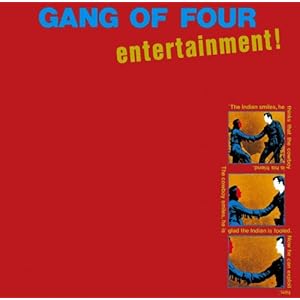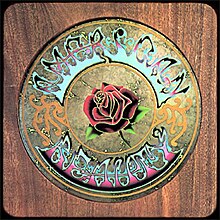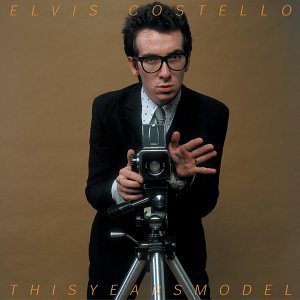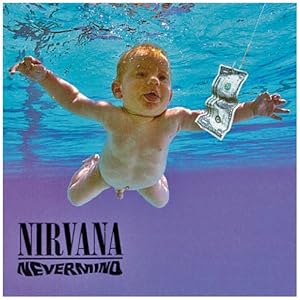
Besides having the coolest name ever for an album (well maybe one behind The Replacement’s Tim) and having the saddest, scariest looking clown to ever grace an album cover, Let’s Go Scare Al is a classic album full of countryish songs about loveable losers, drinking, small towns, heartbreak, drinking, and drinking. An album like this could only be performed by Minnesotans: Its unpretentious, simple, self-deprecating, and chock full of meaning behind its sparse vocabulary.
I almost included both Let’s Go Scare Al and Billy’s Live Bait as one review because they are similar albums covering similar stories. The music doesn’t change much between the two albums nor does the subject matter. But I landed squarely with Let’s Go Scare Al, because of the album name (especially as a debut album) and because it really introduced the Gear Daddies to a broader audience (they had been playing in local bars for a good year or so before this album came out and demo tapes were being passed around left and right). Now some 25 years after it’s been released we still look forward to the occasional reunion show by the band.
As I mentioned above, musically these songs are pretty simple. It’s basic country rock with no outstanding guitar or vocal work. Structurally the songs are pretty simple as well with the time-tested verse 1, chorus, verse 2, chorus, bridge, verse 3 (or repeat verse 1) and chorus organization. What makes the songs special is the songwriting. Even if you haven’t actually lived what’s being described in the song, you can identify with what the singer is saying. For instance Statue of Jesus opens with this verse:
I’m sittin’ downtown cryin’ ‘neath the statue of Jesus
Both of us so lonely and cold, hope no one can see us
I know I’m drunk here but I don’t think that he cares
Surely he must understand these crosses that I bear
So I’m sittin’ downtown cryin’ ‘neath the statue of Jesus
Now, I’ve never sat under a statue of Jesus crying, but if I ever did, I’m pretty sure that song would sum up pretty how I felt. Heavy Metal Boyz is another song that describes perfectly what it is like being a teenager living in a small town, whether it’s a rural area or a suburb. I’m sure there are many, many women who can identify with Boys Will Be Boys and tell me one person who hasn’t Drank so Much that They Just Feel Stupid?
After all these songs of too much drinking, lives gone astray, broken hearts, and shitty jobs the singer hasn’t given up. The last song, Strength, has the singer asking for strength to do what’s right, to “change this fucked up life of mine.” Surely if the singer can still want to change things, to make things better, so can we. We don’t know if he’ll get there but at least he’s trying.










